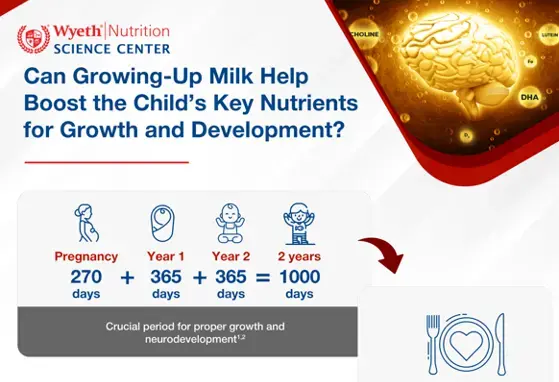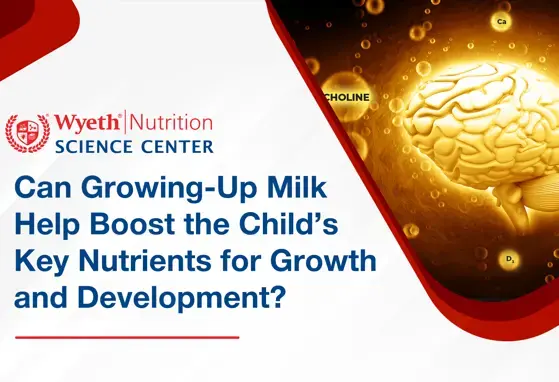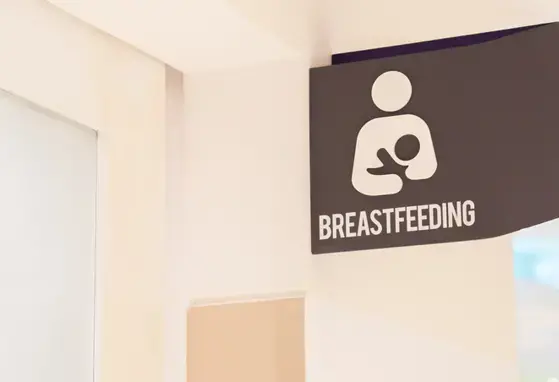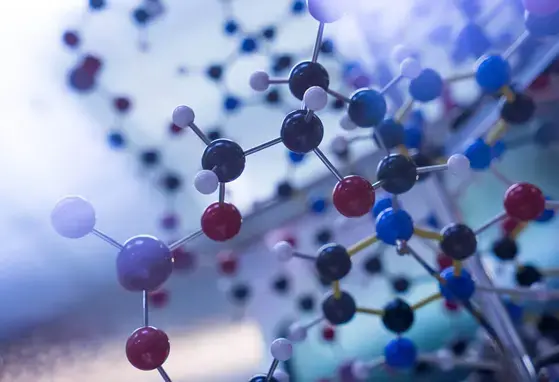[Local Data] A local report on iodine status of pregnant women during early gestation
![[Local Data] A local report on iodine status of pregnant women during early gestation](/sites/default/files/styles/header_image_article_mobile/public/2019-11/image12_0.jpg.webp?itok=5tzwS4Aj)
The article was to report iodine status of pregnant women during early gestation at a local obstetric unit.
The World Health Organization (WHO) considers iodine deficiency the single most important preventable cause of brain damage worldwide.
Background:
- A local population survey conducted by the Centre for Food Safety during 2005 to 2007 indicated that only 5% adults had an iodine dietary intake within the safe range, but clinical and biochemical data was missing
- Pregnant women have increased iodine requirement and iodine deficiency during early pregnancy has been shown to be associated with undesirable cognitive development in early childhood
- The study aims to report the iodine status among local pregnant women at a local obstetric unit
Method:
- Between July 2014 and November 2015, healthy pregnant women with no history of hyperemesis gravidarum were enrolled
- Morning urine from ALL women was collected for measurement of iodine and creatinine levels
- Daily dietary intake of iodine was measured in a subgroup of women via structured interview using a standard food frequency questionnaire
Key Findings:
- 600 pregnant women were enrolled (median of 7.0 weeks of gestation)
- 71.5% women (429 out of 600) were iodine deficient according to the WHO definition, urinary iodine concentration (UIC) < 150 mcg/L
- In the subgroup of women (n = 146):
- The median (IQR) daily dietary intake of iodine was 69.5 (47.3 – 152.4) mcg
- Food sources of iodine:
- Seaweeds, consumed by 76% of women, were the greatest source of iodine
- Non-alcoholic beverages like soy milk, soup, soft drinks and water were the next most common source of iodine, contributing 21.5% of daily iodine intake
- Only 4 out of 146 women consumed iodized salts regularly
- At the time of enrollment, nutritional supplementation was reported by 69.0% women (414 out of 600), but only 39.4% (163 out of 414) of the supplements had iodine
- In multivariate regression analyses, pregnant women recruited at a later gestational stage had a significantly higher UIC and were more likely to have started consuming a supplement with iodine
Conclusion:
- Local pregnant women are borderline iodine-deficient and have an inadequate iodine intake during early pregnancy
- It is needed to educate the general public and to recommend women of childbearing age to have sufficient iodine intake before pregnancy
WYE-EM-010-JAN-18
Reference
Tam WH, Chan RS, Chan MH, Yuen LY, Li L, Sea MM, Woo J. Moderate iodine deficiency among pregnant women in Hong Kong: revisit the problem after two decades. Hong Kong Med J. 2017;23(6):586-93.
Link to full article: http://www.hkmj.org/abstracts/v23n6/586.htm
If you liked this post you may also like

Infographic - Can Growing-Up Milk Help Boost the Child's Key Nutrients for Growth and development?

The Learning Lead - Volume 2, 2024: "Can Growing-Up Milk Help Boost The Child’s Key Nutrients for Growth and Development?"

Maternal Dietary Intake and Human Milk Composition
